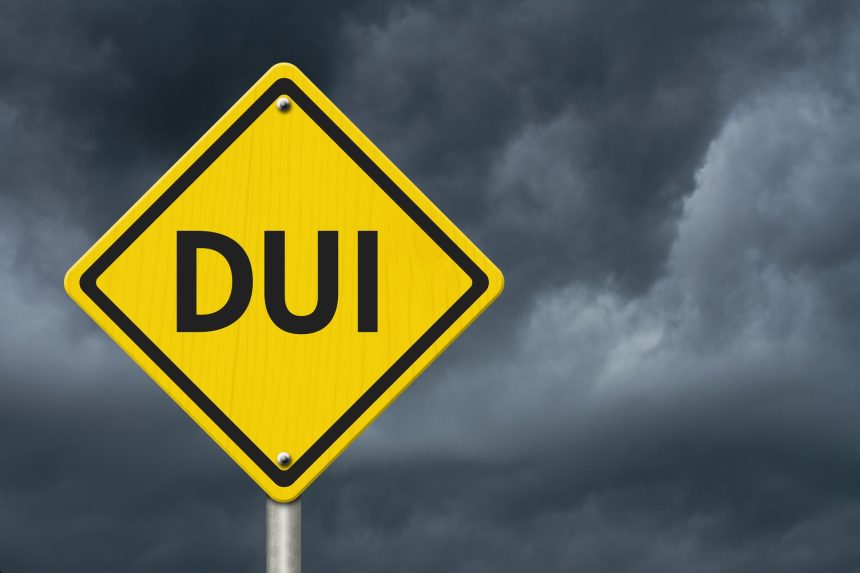Being convicted of driving under the influence (DUI) can be a life-changing event. The consequences go beyond legal penalties and can deeply affect personal and professional relationships. After facing such an ordeal, individuals often find themselves at a crossroads regarding their relationship with alcohol. Crafting a strategic approach to alcohol consumption post-conviction is critical not only for legal compliance but also for personal growth and well-being.
For those navigating life after a DUI, understanding the do’s and don’ts of alcohol can help in making more informed decisions. It’s essential to recognize the potential risks and legal implications that can arise from continued alcohol use. Consulting with legal professionals, such as those at Jonathan Blecher, P.A., can provide valuable guidance tailored to the specifics of an individual’s case and jurisdictional laws.
Understanding DUI Convictions and Alcohol Consumption
A DUI conviction often results in restrictions on alcohol use. Adhering to these limitations and re-evaluating drinking habits is crucial for compliance and personal growth.
State Laws and Probation Terms
Each state enforces specific laws governing alcohol consumption for individuals convicted of driving under the influence (DUI). These laws often include:
- Mandatory alcohol education programs: Convicted individuals must attend these programs to understand the risks and consequences of impaired driving.
- Ignition interlock devices (IIDs): Many states require the installation of IIDs, which prevent a vehicle’s engine from starting if alcohol is detected on the driver’s breath.
- Prohibition from consuming alcohol: Some probation terms may completely prohibit alcohol consumption during the probation period.
It is essential for individuals to review the conditions of their probation to ensure that they do not inadvertently violate them.
Evaluating Personal Alcohol Use Post-Conviction
Post-conviction self-assessment of alcohol use is a responsible step. Individuals often ask after a DUI conviction Can You Drink After a DUI
Individuals should consider:
- Frequency of consumption: Reflect on how often alcohol is consumed and consider reducing the occurrences, especially if prior habits contributed to the conviction.
- Amount of consumption: Recognizing the quantity of alcohol consumed in a sitting is key to preventing future legal issues and promoting better health.
- Situations leading to consumption: Acknowledging the scenarios that lead to drinking can help in avoiding or preparing for high-risk situations.
Facing DUI consequences responsibly involves a thorough understanding of legal restrictions and a genuine assessment of personal alcohol consumption habits.
Strategies for Responsible Alcohol Management
Developing a responsible approach to alcohol consumption after a DUI conviction is critical for legal compliance and personal well-being. This section provides strategies for maintaining responsible alcohol habits, with a focus on cultivating support systems and effectively handling social situations.
Support Systems and Professional Guidance
Jonathan Blecher, P.A., underscores the importance of harnessing a strong support system and seeking professional guidance. After a DUI, engaging with a counselor or joining a recovery program can provide crucial support.
- Support Networks: Involve family and friends who encourage positive choices.
- Guidance Professionals: Seek assistance from legal advisors and addiction specialists.
Navigating Social Situations
Navigating social scenarios without compromising one’s legal obligations and personal recovery goals is key. Transparent communication and setting clear boundaries are vital tactics.
- Decide Beforehand: Determine your limits before attending events.
- Non-Alcoholic Options: Always have a non-alcoholic beverage choice available.
By focusing on these specific strategies, individuals can manage alcohol consumption responsibly post-DUI conviction.















